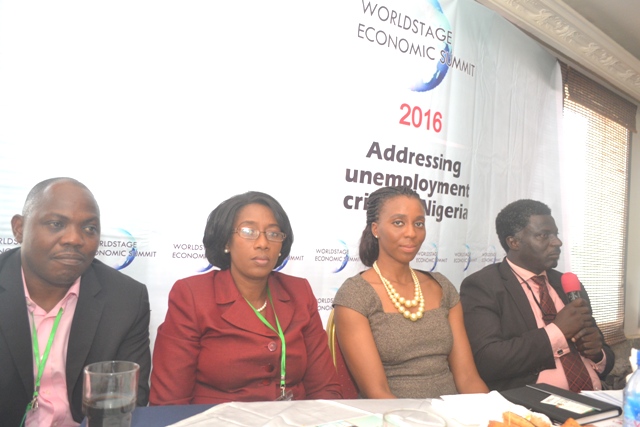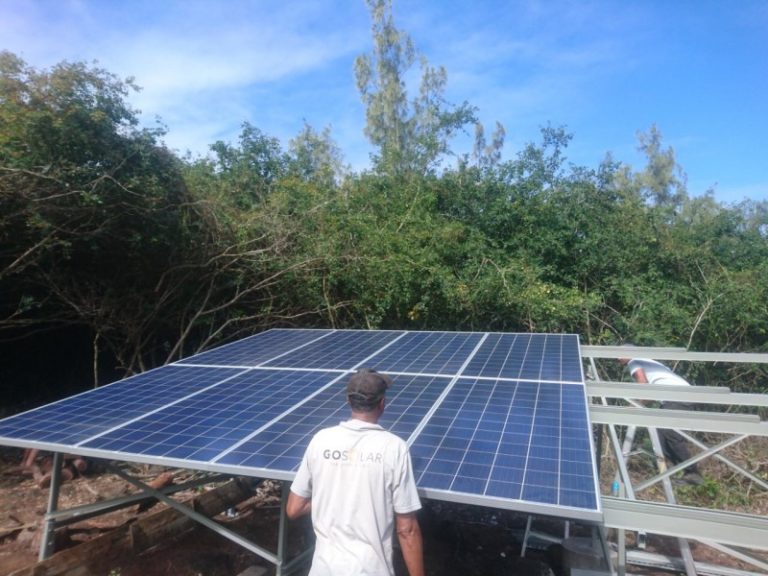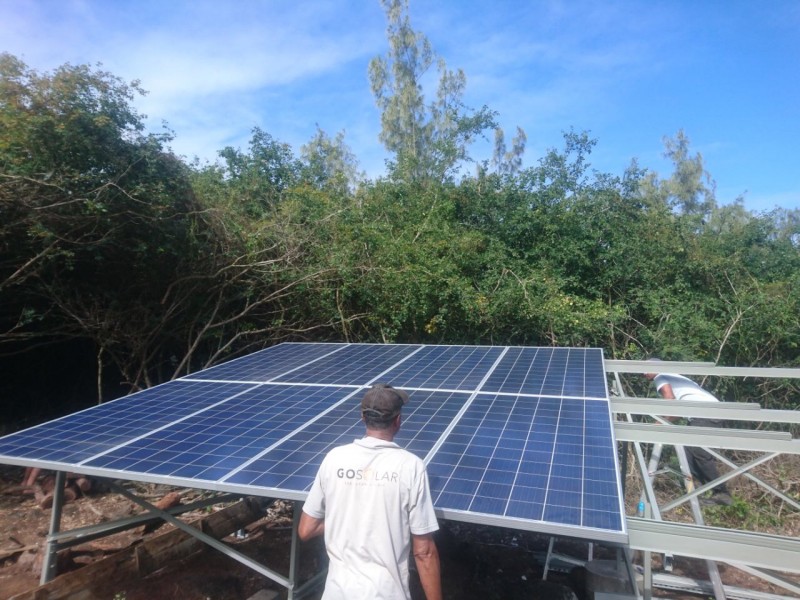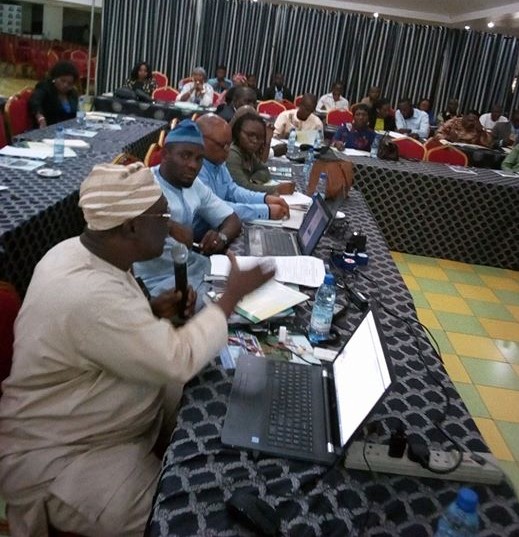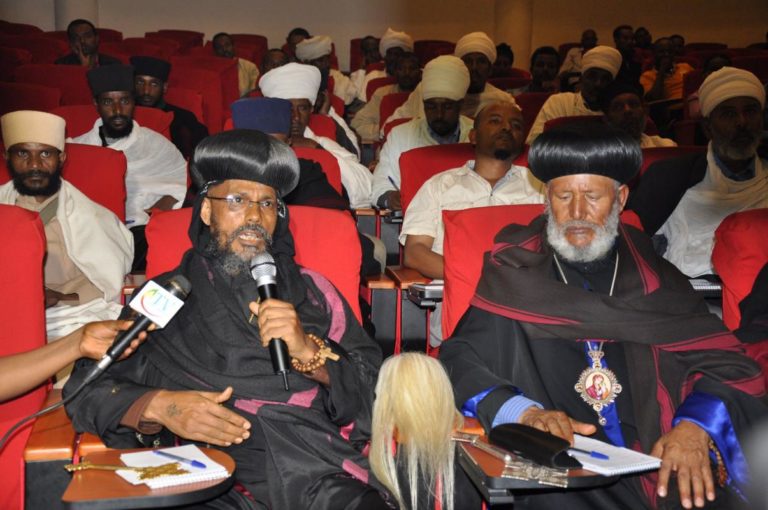The United Nations Climate Change Conferences or Conference of Parties (COP) are yearly conferences held in the framework of the United Nations Framework Convention on Climate Change (UNFCCC). At COP23 scheduled to hold under the Presidency of Fiji but hosted in Bonn, Germany, governments are meeting to advance the implementation of the Paris Agreement, which was the outcome of COP21 in Paris, France in 2015.

The focus is on the development of guidelines on how the Paris Agreement’s provisions will be implemented across a wide range of issues including transparency, adaptation, emission reductions, provision of finance, capacity-building and technology.
The aim is make progress in all these areas so that the guidelines can be completed by COP24 in Poland in 2018.
This work is advanced through sessions of the following bodies:
- The twenty-third session of the Conference of the Parties (COP 23)
- The thirteenth session of the Conference of the Parties serving as the meeting of the Parties to the Kyoto Protocol (CMP 13)
- The second part of the first session of the Conference of the Parties serving as the meeting of the Parties to the Paris Agreement (CMA 1.2)
- The forty-seventh session of the Subsidiary Body for Scientific and Technological Advice (SBSTA 47)
- The forty-seventh session of the Subsidiary Body for Implementation (SBI 47)
- The fourth part of the first session of the Ad hoc Working Group on the Paris Agreement (APA 1.4)
The COP, the CMP and the CMA are the supreme decision-making bodies for the Convention, the Kyoto Protocol and the Paris Agreement respectively.
The SBSTA supports the work of the supreme bodies by providing timely information and advice on scientific and technological matters as they relate to the Convention, the Kyoto Protocol and the Paris Agreement, while the SBI supports the supreme bodies through the assessment and review of the effective implementation of the Convention, the Kyoto Protocol and the Paris Agreement.
The APA was established by the COP in 2015 to prepare for the entry into force of the Paris Agreement and for the convening of the first session of the CMA. While the Paris Agreement has already entered into force, the APA continues to work towards completing the work programme under the Paris Agreement which was agreed together with the adoption of the Agreement in 2015.
The outcomes of this work should be ready for consideration at the third part of CMA 1 in 2018. The SBSTA and the SBI also have tasks to complete under the Paris Agreement work programme.




